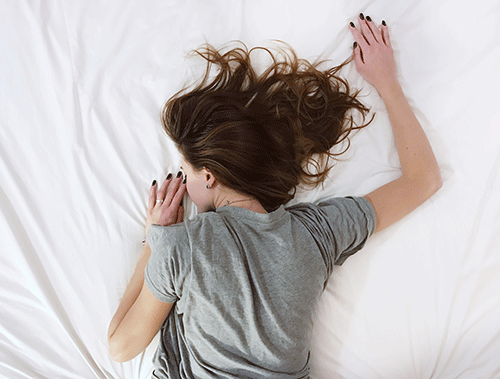, News

This World Sleep Day (19 March 2021), the Continence Foundation of Australia wants all Australians to see if their toilet habits are stopping them from getting a good night’s sleep.
Waking up to go to the toilet at night (or the main sleep period) has a name – nocturia. This symptom can be annoying at best, and seriously impact sleep hygiene or good sleep habits.
Nocturia is associated with negative effects on mental health, physical health and quality of life.
Janie Thompson, Nurse Continence Specialist leading the National Continence Helpline 1800 33 00 66, explains why everyone should pay attention to their sleep and bladder habits.
“People are often surprised to hear that, actually, getting up multiple times at night to pass urine isn’t what we would consider normal. It is definitely something to speak to your doctor or nurse continence specialist about. They can look at what might be causing this and how it can be improved so you can get more sleep,” Janie says.
“It can be risky with trips to the toilet in the dark and tiredness from lack of sleep presenting a falls risk, especially in older people. Nocturia can get more common as we age.”
“It can also impact your work and relationships. We hear from partners who are frustrated that their own sleep is being interrupted with their partner frequently waking.”
It’s important that people seek medical advice if they have nocturia symptoms as it is commonly linked to medical conditions including: heart problems, kidney problems, diabetes, swollen ankles, an overactive bladder, constipation, an enlarged prostate.
Once these are ruled out, the good news is that there are many lifestyle changes that may help manage nocturia.
“Sometimes people experience this symptom for many years, and don’t think they can do anything about it. Sometimes it’s as simple as watching what you’re drinking before bed.”
Janie says lifestyle changes to try might include:
- Cutting back on caffeine and alcohol at night.
- Seeing if you’re drinking large volume of liquid before bed.
- Resting with your legs up above heart level for an hour in the afternoon or evening.
- Making sure you’re going to the toilet only when you need to – not just because you’re awake.
People can phone the National Continence Helpline on 1800 33 00 66 to speak with an experienced Nurse Continence Specialist about their own situation.

